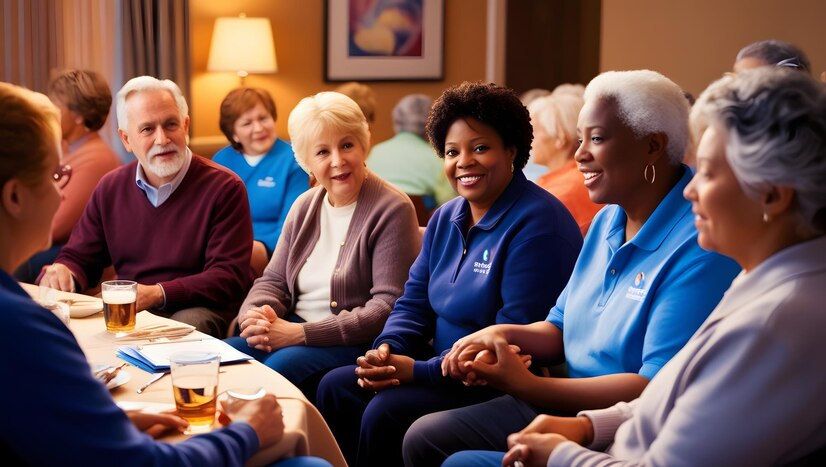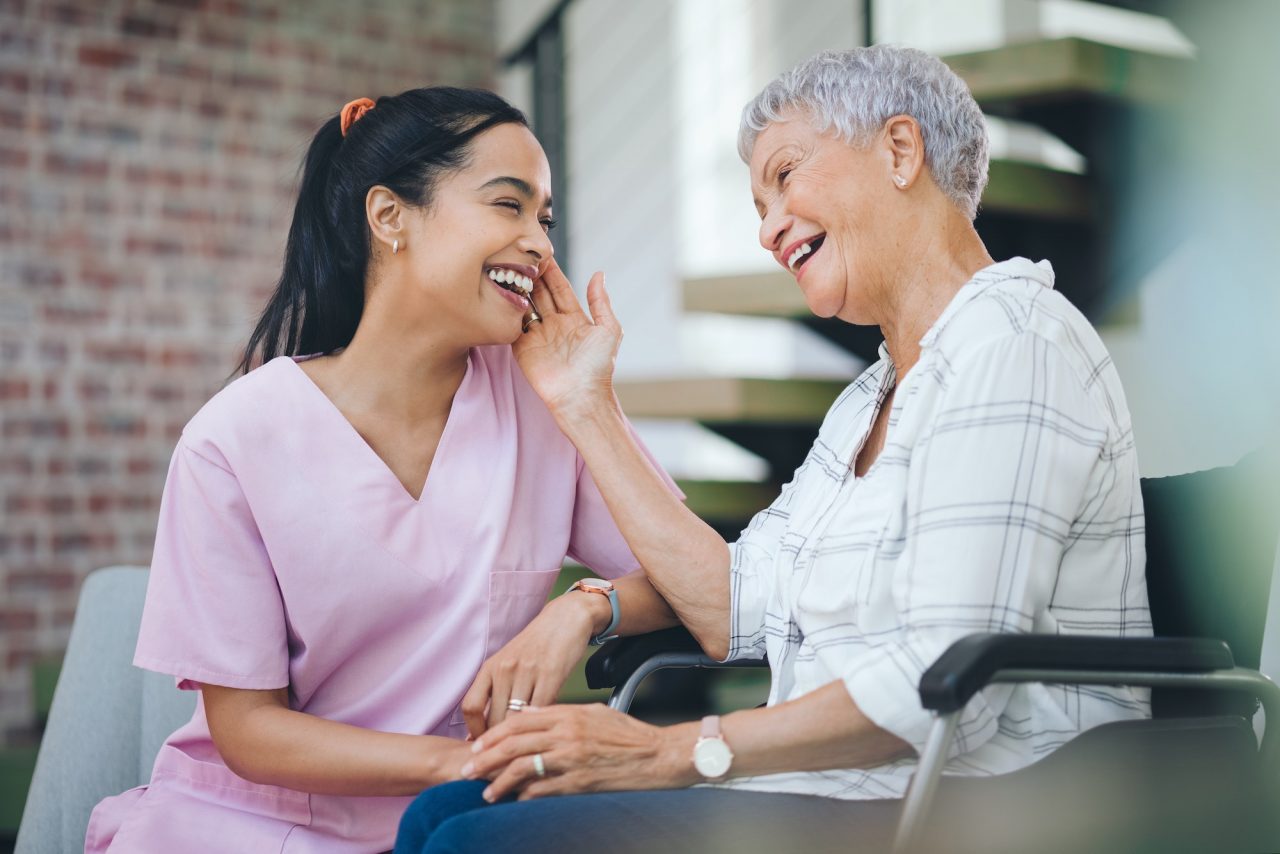Socialization is a vital aspect of human life at all stages, but it takes on particular significance as we age. For older adults, maintaining social connections can have a profound impact on their overall well-being, both physically and mentally. In this blog post, we will explore the importance of socialization for older adults and discuss some strategies for fostering meaningful connections.
The Benefits of Socialization
Improved Mental Health: Social interactions can help reduce feelings of loneliness, isolation, and depression. Engaging with others provides a sense of belonging and purpose, which can boost self-esteem and overall mood.
Enhanced Cognitive Function: Socialization can stimulate the brain and help prevent cognitive decline. Engaging in conversations, participating in activities, and learning new things can keep the mind sharp and active.
Increased Physical Activity: Social activities often involve physical movement, such as walking, dancing, or playing games. These activities can help improve physical health, reduce the risk of chronic diseases, and maintain independence.
Better Quality of Life: Social connections can enhance the overall quality of life for older adults. Having a strong social support network can provide emotional support, practical assistance, and a sense of belonging.
Challenges to Socialization
Age-Related Changes: As people age, they may experience physical limitations, decreased mobility, or changes in hearing or vision that can make it more difficult to participate in social activities.
Loss of Loved Ones: The loss of friends, family members, or spouses can lead to feelings of isolation and loneliness.
Geographic Isolation: Older adults may live in rural areas or have limited transportation options, making it difficult to connect with others.
Strategies for Fostering Socialization
Join Social Groups: Look for local clubs, groups, or organizations that cater to older adults. These groups can provide opportunities for socializing, learning new skills, and participating in activities.
Volunteer: Volunteering is a great way to meet new people and make a difference in your community. There are many volunteer opportunities available that can accommodate different interests and abilities.
Attend Community Events: Participate in local events, festivals, or fairs to connect with others in your community.
Use Technology: Utilize technology to stay connected with friends and family. Video calls, social media, and online communities can help bridge the distance and maintain relationships.
Seek Professional Help: If you or someone you know is struggling with loneliness or isolation, consider seeking professional help. A therapist or counselor can provide support and guidance.
Conclusion
Socialization is essential for the well-being of older adults. By fostering social connections and participating in activities, older adults can improve their mental health, cognitive function, physical health, and overall quality of life. It is important to recognize the challenges that older adults may face in maintaining social connections and to provide support and resources to help them stay engaged and connected.






